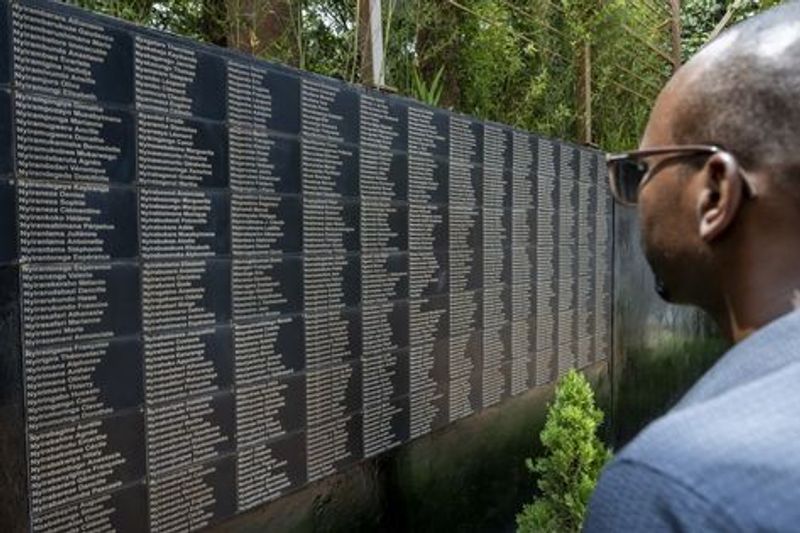
News
Rwanda Marks 31 Years Since 1994 Genocide Against the Tutsi with Global Commemoration Activities
Rwandans and friends of Rwanda around the world have today commenced a solemn week of mourning and remembrance to mark 31 years since the 1994 Genocide against the Tutsi.
The commemorative week, running from April 7 to 13, will include a series of national and international events honoring the memory of more than one million lives lost during the 100-day massacre that gripped the country from April to July 1994.
The national commemoration began this morning with the lighting of the Flame of Hope at the Kigali Genocide Memorial Centre in Gisozi, presided over by President Paul Kagame.
The flame, a symbol of resilience and remembrance, will burn for 100 days — the duration of the genocide — in honor of the victims. The President also laid a wreath at the site, where over 250,000 genocide victims are interred, followed by a nationwide minute of silence.
Throughout the mourning period, Rwanda’s national flag will fly at half-mast, and remembrance events will be held in all 30 districts and across Rwandan embassies and communities abroad.
These events will include wreath-laying ceremonies at local memorial sites and community discussions organized by the Ministry of National Unity and Civic Engagement (MINUBUMWE), all intended to reflect on the country’s painful history and reaffirm its commitment to unity and reconciliation.
A major highlight of the day is the “Walk to Remember”, an annual symbolic procession from Parliament Buildings to the BK Arena. According to Minister of National Unity and Civic Education Jean Damascene Bizimana, the walk is designed to “honor the victims and inspire future generations to reject all forms of hatred, prejudice, and genocide ideology.” The evening will conclude with a night vigil filled with music, testimonies, and messages of remembrance.
This year’s commemoration carries special significance as it continues to spotlight efforts to combat genocide denial and the ongoing quest for justice. Despite Rwanda issuing 1,147 indictments to 33 countries since 2007, only 62 fugitives have been apprehended and tried — half in Rwanda and half in the countries where they were captured. DR Congo alone harbors 408 genocide fugitives, many of whom remain protected by legal and political barriers.
During the week, various activities will unfold across the country. On April 10, foreign diplomats and representatives from international organizations will attend a high-level genocide awareness lecture.
On April 11, Kicukiro District will host another Walk to Remember starting at IPRC Kicukiro, followed by a solemn evening of remembrance at the Nyanza Genocide Memorial. The week will conclude with an event at Rebero Genocide Memorial on April 13, honoring politicians who were killed for standing against the genocide.
Since 2003 April 7 has been designated by the United Nations as the International Day of Reflection on the 1994 Genocide against the Tutsi, urging all member states, UN agencies, and civil society to organize commemorative events to ensure the genocide is never forgotten.
The Kigali Genocide Memorial not only serves as a burial site but also as a vital educational center, chronicling how the genocide unfolded and offering insights into genocide prevention globally.
As the Flame of Hope burns, Rwanda and the world stand united in remembrance — a testament to resilience, a rejection of hatred, and a powerful call to justice.

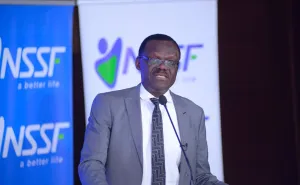
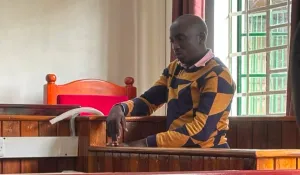
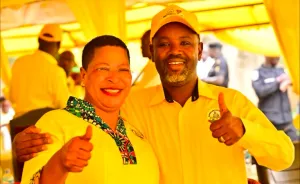

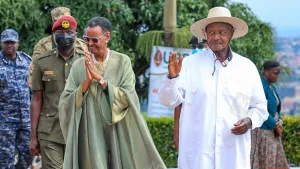





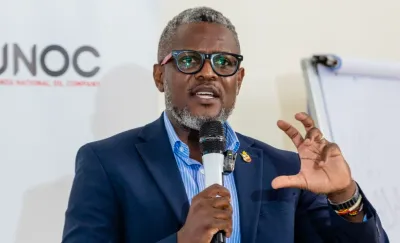
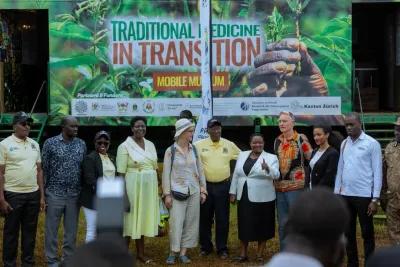
Sunrise Reporter
Leave a Comment
Your email address will not be published.